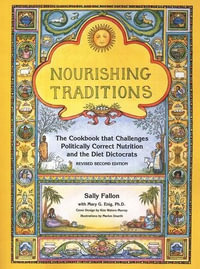Like the American South, New England is one of those few regions that have long-enjoyed a popular and enduring hold on the larger nation. Culturally, politically, geographically, it is a place apart. Some of this uniqueness owes no doubt to New England's place in American history: the first colonies, the founding, the first forays into battle and true independence. It's old. It's age shows everywhere, from those battle roads, to three-hundred year-old barns and buildings, to equally old, low stone walls that thread through the woods and meadows of ancient pastures like a nation's rocky varicose veins.
In politics, in literature, in popular culture, the six-state region of America's northeast helped define much of where the nation is today. Sure, the history is pervasive. The lure of Concord and Lexington is real and that "shot heard 'round the world' still reverberates. (Ironically, between Concord and Lexington, who've never stopped the shots across each other's historical bows.) The Cape and its sandy, salt-air specialness along the Atlantic still enchants. (Just not for actual Cape Codders, who view Summer's tourist onslaught as only slightly more bearable than locusts. Slightly.) The smaller, rural villages with their tidy commons and cozy general stores still remind visitors of things rooted and precious. (Too precious, if you ask some of the villagers.) And those scenic little, buoy-festooned lobster shacks along the rugged Maine coast? Still packing 'em in for the steamed and buttery essence of New England. (An essence that, as of this writing, was costing a family of four about $150. Maybe not so essential after all?)
Sure that history and that mountains-meet-the-sea geography is iconic and broadly-enjoyed. But it's not what's most essential about New England. It's not what continues to define it. And as a journalist, it's certainly not what has continued to draw me all over its six states in search of stories for over twenty years now. It's the people. (And really, isn't it everywhere?) You can only report so often about development on the Cape, the price of lobster, or how tough it is to keep an old general store open. A covered bridge has little to say about how it was built or the floods they've survived. But people do. Especially that one person who's one of the last to possess the craft and old-school knowledge necessary to build one.
























